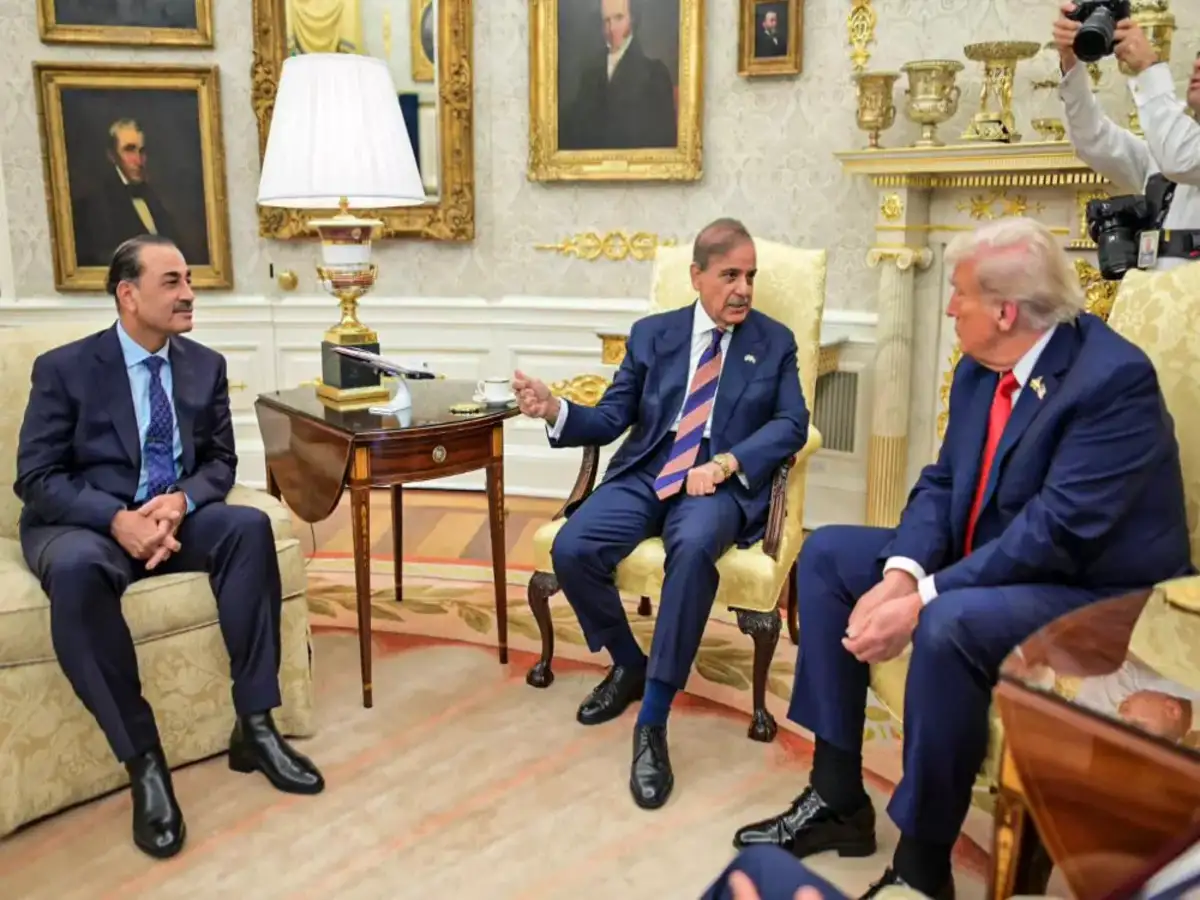The United States has firmly dismissed recent media reports suggesting that Pakistan will receive a new batch of Advanced Medium-Range Air-to-Air Missiles (AMRAAMs) under a revised defence agreement.
In an official statement, the U.S. Embassy in Islamabad clarified that the latest contract modification is limited to sustainment and spare parts support for existing systems and does not include the supply of new missiles or any technological upgrades for Pakistan.
The clarification followed confusion surrounding a U.S. Department of War announcement on September 30, which referred to an amendment to an existing Foreign Military Sales (FMS) contract for several allied nations, including Pakistan. The embassy emphasised that “contrary to false media reports, no part of this contract modification is for deliveries of new AMRAAMs to Pakistan.”
The misunderstanding reportedly stemmed from Pakistan’s inclusion in the list of nations covered under the updated Raytheon Co. contract. Raytheon, based in Tucson, Arizona, received a USD 41 million modification to an existing AMRAAM production contract, bringing its total value to over USD 2.5 billion. The project, which supports multiple countries such as the UK, Germany, Israel, Japan, and Saudi Arabia, is scheduled for completion by May 2030.
U.S. officials have clarified that Pakistan’s inclusion is strictly limited to logistics and maintenance support under the existing framework — without any new production, upgrades, or missile transfers.
The clarification follows reports by Pakistan’s Dawn newspaper that had speculated a possible resumption of arms supplies in light of recent diplomatic engagements between Washington and Islamabad.
This comes weeks after Pakistan’s Prime Minister Shehbaz Sharif and Army Chief General Asim Munir met U.S. President Donald Trump in September — a meeting that had sparked speculation about renewed military cooperation. However, Washington has made it clear that the amendment is purely administrative, meant to sustain previously supplied systems.
Pakistan had originally acquired around 700 AIM-120 AMRAAMs in 2007 as part of its F-16 modernisation programme, marking one of the largest international orders for the missile at the time. Since then, the U.S. has refrained from delivering new missiles amid deteriorating defence ties.
By reiterating that no new deliveries or upgrades are involved, the U.S. aims to dispel rumours of enhanced Pakistani air power and maintain transparency amid the sensitive security dynamics of South Asia.













